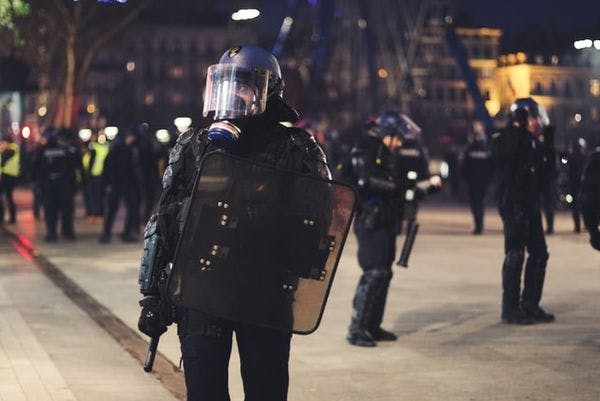Unspalsh - ev - CC
Algunos exigen descriminalización en Túnez tras decisión de sentenciar a 30 años de prisión a personas que consumían cannabis
Dificultades que enfrentan activistas y algunas importantes reflexiones sobre las injusticias que confrontan las personas que consumen drogas en Túnez. Más información, en inglés, está disponible abajo.
By Ghaya Ben Mbarek - Meshkal,
A series of protests which began on January 15 in various cities and neighborhoods across the country have largely focused on economic inequality and police repression. But recently, some of those protesting have revived an old demand of decriminalizing cannabis usage. One event appears to have pushed some to take up this demand again with renewed visibility in the streets and on social media: on January 21, 2021 a judge in El Kef handed out 30-year jail sentences to three young men for cannabis consumption in a public place.
Law 52 passed in 1992 criminalizes more than 130 narcotics from cocaine to cannabis with no apparent distinctions made between the substances.
According to a statement by Faouzi Dhaouadi, the State’s assistant prosecutor at El Kef’s Court of First Instance, the as-yet unnamed individuals who were sentenced had already been in pretrial detention for a year and half and received the maximum sentence under article 11 of Law 52 because they were in a sports stadium—a circumstance that allows a judge to add 20 years to the five for consumption and five for possession covered in other articles of the law. An appeal scheduled to take place on February 16 was postponed to March 9.
Demonstrators in front of the National Theater in downtown Tunis on February 6, 2021. Photo by Fadil Aliriza.
Meshkal spoke with several people who participated in recent protests in downtown Tunis who were calling for authorities to not enforce Law 52.
“People from poorer backgrounds are definitely more singled out through this law, because if you put them in jail, they will not ask for employment,” said 25-year old cannabis user Fatma (not her real name).
Fatma said she began using cannabis for therapeutic reasons about five years ago.
“I just use it to feel better and sleep better,” she said.
As of late 2015, a Human Rights Watch report found that about 5200 out of 7451 people in jail for drug-related offences were there for using or possessing cannabis. The same report noted that those 7451 people in jail for drug-related offenses represented 28 percent of the country’s total prison population, and of them 98 percent were men.
“My fear has certainly gotten bigger with the current situation… since they [the police] hunted down the person whose picture was taken while rolling a joint in a protest, then it definitely means that they are targeting those people,” Fatma said.
Meanwhile, Fatma believes that it’s hypocritical for police to arrest young men for cannabis usage because she thinks that there are police who also use cannabis.
